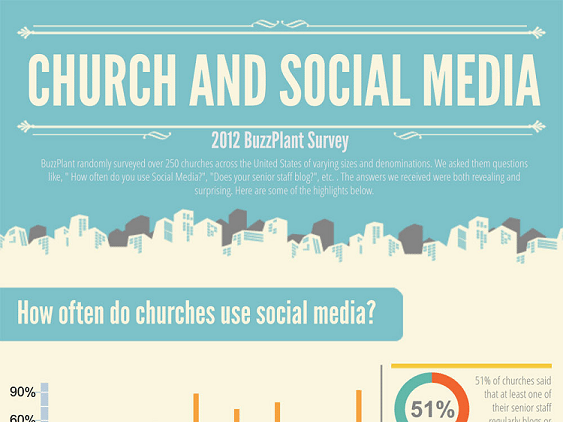Learn Which Style Of Worship Straightens With Your Beliefs And Needs, And Find The Distinct Benefits Of Each Church Experience

Material Composed By-Kokholm Cassidy
When it pertains to picking between traditional and contemporary churches, it's vital to consider what really resonates with your spiritual journey. Traditional churches often supply a rich historical context and established techniques that numerous locate soothing. On the other hand, modern churches supply fresh viewpoints and vivid, interactive praise experiences. Which setting straightens more with your beliefs and demands? Allow's explore these choices to help you discover the right spiritual home.
Comprehending Typical Churches
When you consider conventional churches, you likely imagine a space steeped in background and ritual.
These buildings usually include timeless architecture, discolored glass windows, and detailed woodwork that show centuries of belief and community. You'll locate familiar practices like hymns sung from hymnals, structured liturgies, and sermons grounded in scripture.
Conventional churches emphasize a feeling of connection, linking you to generations that've gathered in prayer. The area element is strong, fostering connections among members who share usual ideas and worths.
You may appreciate the solemnity of traditions such as communion and baptism, which are often carried out with great reverence. In this setting, you can experience a deep feeling of belonging and spiritual development via developed techniques and trainings.
Exploring Contemporary Churches
Contemporary churches frequently welcome an even more adaptable approach to praise, creating a setting that motivates innovation and inclusivity.
You'll observe a mix of modern-day songs, multimedia elements, and interactive solutions that involve guests in special means. As opposed to inflexible practices, these churches focus on fostering neighborhood links and personal spiritual growth.
You'll locate varied worship designs, often including contemporary Christian music that resonates with a younger target market. https://blogfreely.net/quinn585nigel/church-gatherings-and-activities-that-reinforce-neighborhood-unity is generally casual, enabling open dialogue and participation.
Several contemporary churches focus on outreach and social justice, highlighting the relevance of enduring confidence in daily life.
This dynamic praise experience could resonate with you if you're looking for a dynamic area that values credibility and importance in spiritual technique.
Finding Your Spiritual Fit
How do you understand which church feels right for you? Begin by assessing your spiritual demands and preferences.
Consider what elements of praise reverberate with you-- do you prosper in a dynamic, modern atmosphere, or do you find tranquility in conventional rituals? Attend services at numerous churches to experience different styles firsthand.
Notice how you really feel during prayer; does it inspire you or leave you really feeling separated? Engage with https://www.lgbtqnation.com/2021/06/catholic-church-actually-worried-children/ to evaluate the fellowship and support offered.
Don't hesitate to ask inquiries regarding beliefs and activities. Ultimately, trust fund your instincts-- discover a location where you feel comfortable, nourished, and urged in your spiritual journey.
The right fit will certainly cultivate your growth and grow your faith.
Final thought
Inevitably, picking in between conventional and modern churches comes down to what reverberates with you spiritually. If you cherish established techniques and a feeling of history, a standard church might be your home. On the other hand, if you seek technology and modern-day expressions of belief, a modern church could be a much better fit. Attend different solutions, involve with the communities, and trust your reactions to find the worship style that nurtures your spiritual trip.

